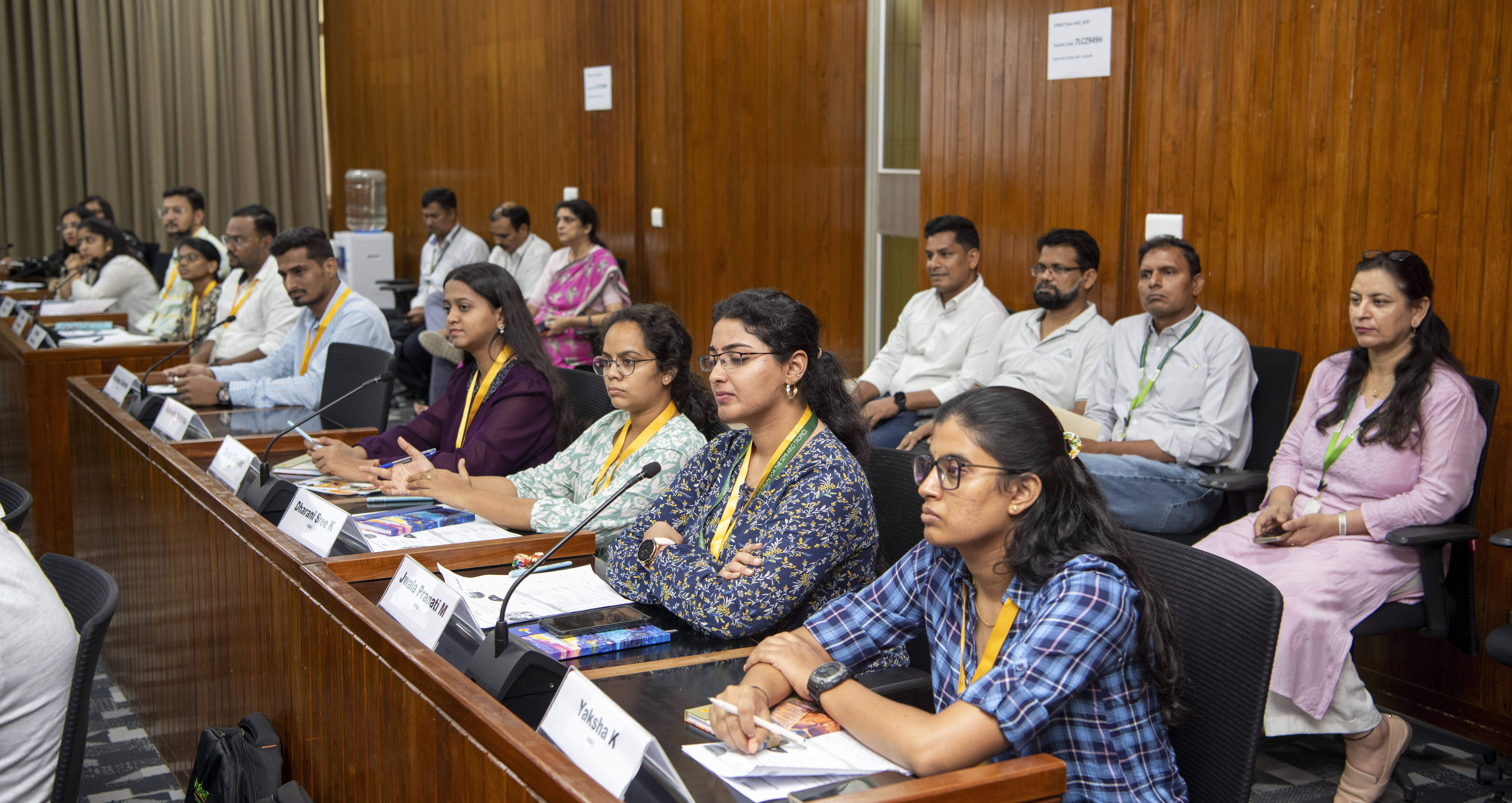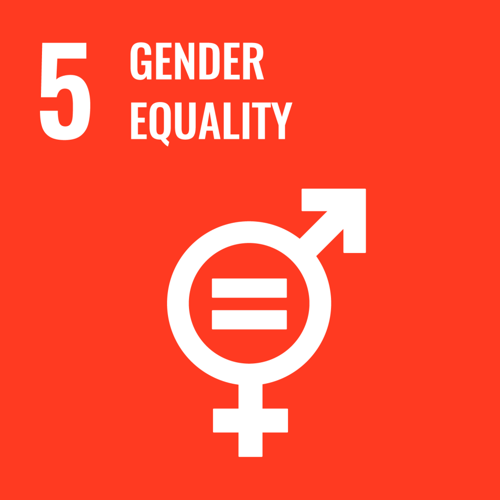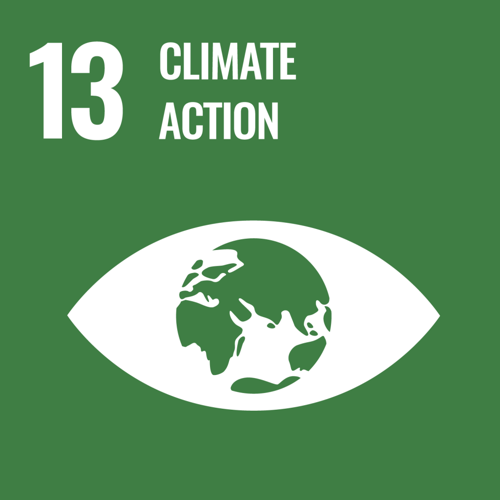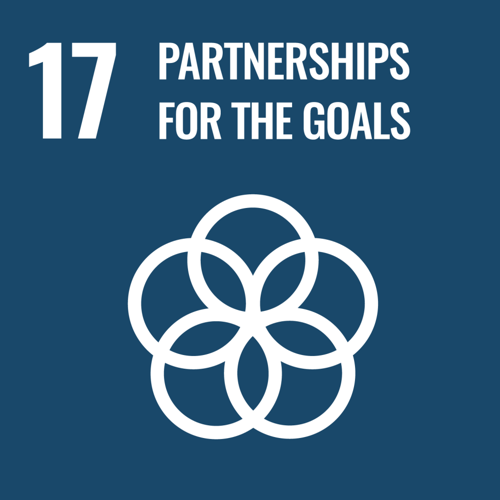ICRISAT and Australian Consulate-General Empower Next Generation of Crop Breeders for Climate Resilience
In a crucial step towards enhancing global food security, ICRISAT and the Australian Consulate-General joined forces to deliver a specialized training program to equip researchers with the latest tools and techniques in crop breeding.

Hyderabad, India – The International Crops Research Institute for the Semi-Arid Tropics (ICRISAT), in collaboration with the Australian Consulate-General Bengaluru, successfully concluded a two-week intensive Master Class on New Crop Breeding Technologies for Climate Resilience. The program held at the ICRISAT headquarters from 21 April – 02 May 2025, brought together 29 participants, including early-career researchers, scientists, academicians, and industry leaders to explore innovative crop breeding strategies to tackle the global challenge of climate change.
Building on the success of previous acclaimed programs held in 2022 and 2023, this was the 3rd edition of this master class organized by ICRISAT’s Dryland Academy, led by Dr Padmaja Ravula, Principal Scientist & Cluster Leader, Knowledge, and Capacity Development, ICRISAT. Ensuring a balanced mix of technical rigor and practical insights, the course was coordinated by Dr Janila Pasupuleti, Cluster Leader, Crop Breeding; and Dr Sean Mayes, Global Research Program Director – Accelerated Crop Improvement, ICRISAT.

The master class commenced with a thought-provoking keynote by Dr Himanshu Pathak, Director General, ICRISAT, who addressed the critical intersection of climate change and agriculture. Highlighting efficient action points for a climate-friendly future, Dr Pathak said,
"To combat climate change, we must act decisively, developing climate-resilient crops, embracing precision agriculture, and bridging traditional wisdom with cutting-edge innovation. But science alone is not enough. We must empower farmers with knowledge, invest in next-gen researchers, and ensure women and youth lead this transformation."
A key feature of the program was the emphasis on fostering an inclusive learning environment. The significant representation of women among the participants created a dynamic space for open dialogue and knowledge exchange. Participants reported that the supportive atmosphere empowered them to engage in discussions actively and confidently voice their perspectives.
The program also fostered strong collaborations with Australian institutions. Esteemed researchers and academicians from the University of Queensland and the University of Western Australia shared their expertise, enriching the learning experience. The program further benefited from the active participation of project collaborators and partners, as well as participants from ICRISAT’s hosted institutes, creating a vibrant and diverse learning community.
Throughout the course, attendees were introduced to the latest trends and advancements in crop breeding. Experts explored how emerging technologies like artificial intelligence (AI) are transforming plant breeding, making it faster, more efficient, and scalable. Explaining its significance, one of the guest lecturers, Dr Lee Hickey, Centre Director, ARC Training Centre for Predictive Breeding, University of Queensland, Australia, said,
“AI in breeding allows researchers to predict crop traits more accurately, enabling the creation of new cultivars with improved resilience.”

The concept of crop product design (variety) and the importance of breeding schemas were central to the course. Participants also learned how genetic gain—a crucial performance indicator of breeding, is essential for developing climate-resilient crops. Dr Janila Pasupuleti, Cluster Leader - Crop Breeding, ICRISAT, explained that the program was designed to teach best practices in crop product design, including developing elite parents and cultivars for both public and private sector institutions. She also introduced key performance indicators (KPIs) for breeding programs, emphasizing the need to move beyond measuring success by the number of varieties released.
The training covered innovative approaches like predictive breeding, machine learning (ML), and artificial intelligence (AI), while outlining the elements of a modern breeding program to help trainees grasp its context and opportunities. As climate challenges intensify, such initiatives are pivotal in equipping scientists to develop resilient, high-yielding crops, underscoring ICRISAT’s commitment to capacity building and empowering the next generation of agricultural scientists.

This work aligns with SDGs 5, 13 & 17
Roseleen Aind






